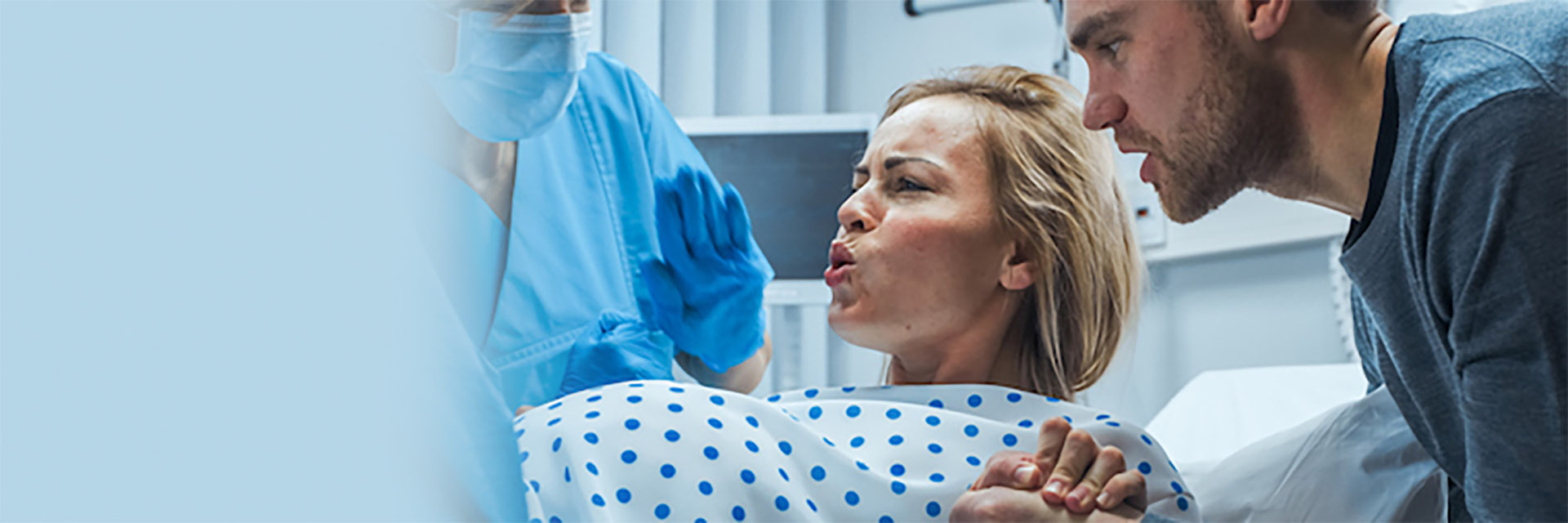Wondering whether you'll have an episiotomy when you deliver your baby in the hospital?
An episiotomy is an incision made in the perineum area between the vagina and the anus to widen the vaginal canal. It was done routinely in the past, when clinicians thought it would lessen the chance of tearing during birth and make healing easier.
But research has shown the opposite that natural vaginal tears are often smaller than the surgical incision and heal better. Overall, studies have found that episiotomies are not good for moms or babies.
Still, there's a small chance that you might have one during childbirth; the US rate is currently about 8%. Episiotomies can be necessary in rare circumstances, such as when a vacuum is used on the baby's head to help hasten a delayed birth.
Here's what you need to know:
- Before an episiotomy, the doctor or midwife should first get your consent and make sure that you understand why the incision is necessary even in unexpected situations. You may want to spend some time at a prenatal appointment asking about your provider's episiotomy rate and opinion on the procedure.
- If you have an episiotomy, be sure to ask questions while you're still in the hospital about self-care at home and what to expect once you're discharged. Ice packs and sitz baths, for example, are recommended to help with pain and healing.
- Take it easy after giving birth and heading home with your newborn. Spend time snuggling your baby, not exercising or doing chores!
Warning Signs After You Return Home
If you had an episiotomy, tell your doctor or midwife immediately if you have any of these symptoms in your first days or weeks back home:
- Bleeding from the episiotomy site
- Foul-smelling vaginal drainage
- Fever or chills
- Severe perineal pain
See also ...
Selective vs routine use of episiotomy for vaginal birth
This message is not intended to provide individual medical advice. Always seek the advice of a physician or qualified healthcare provider for any questions you have about your health or medical condition, your breastfeeding issues and your infant's health. Never disregard, avoid or delay contacting a doctor or other qualified professional because of something you have read in our emails, webpages or other electronic communications.
Powered by UbiCare

